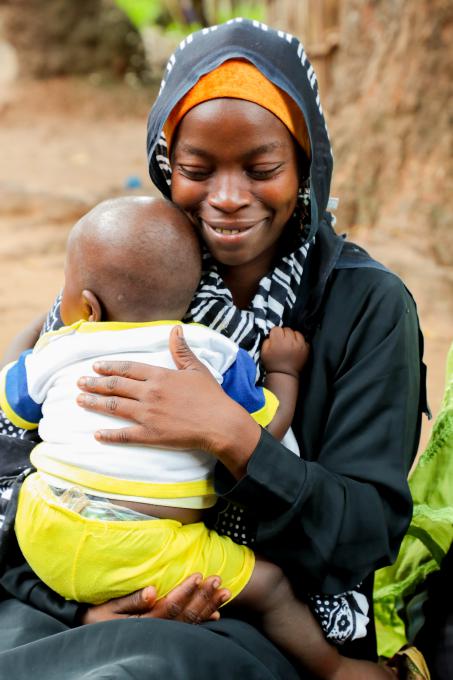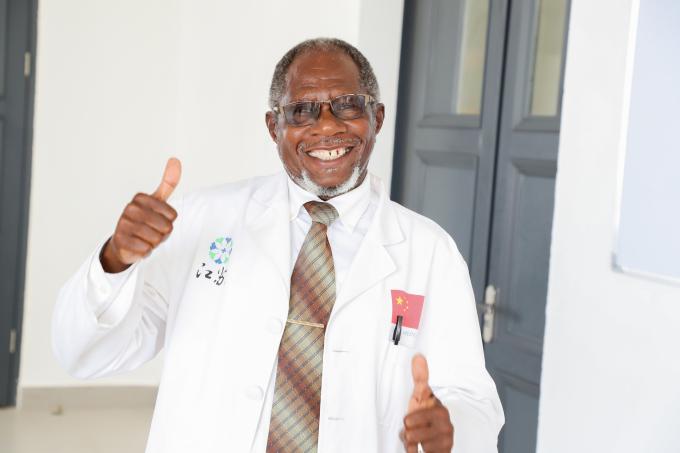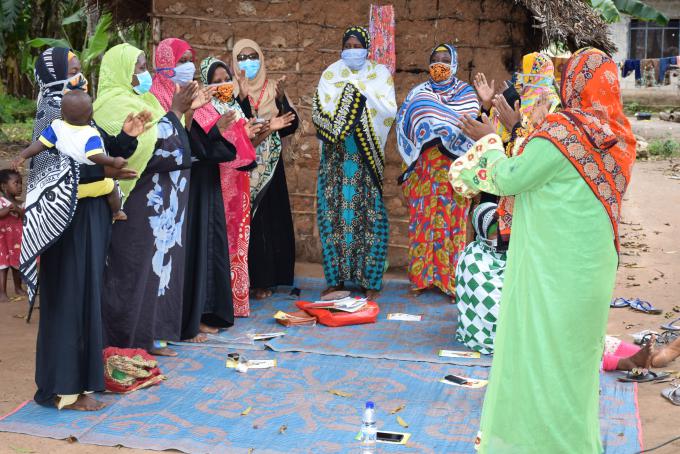Zanzibar hail ‘Afya Bora’ – The Improving reproductive, maternal, newborn, child and adolescent health Project
Investing efforts to improve reproductive, maternal, newborn, child and adolescent health in the country is a critical matter which needs combined efforts from the government, development partners and stakeholders.
To complement the government’s efforts to address maternal and child mortality, as well as to improve the overall health and well-being of mothers and children in the country, Save the Children, in collaboration with other partners, implemented the ‘Afya Bora Project’ in Zanzibar from 2015/16 to 2020.
Through its five-years of implementation, the project has produced a number of positive impacts in the Isles’ health sector and to the whole population.
The project which commenced in 2015/16 and expected to be completed later this month has directly benefited over 600,000 people including pregnant people, mothers, caregivers, children and adolescents with education and health services.
Mwahindi Makame Mzee (37), a resident at Mitakawani Shehia in Central District says the implementation of the ‘Afya Bora Project’ has significantly supported the improvement of maternal, newborn and reproductive health services on the Island.

“I remember when the Afya Bora project came in our area, I was pregnant with my second born, the Community Health Volunteers came to my home and educated me and my husband about it, they told us several things to consider including our baby in the womb so as to ensure that I deliver safely,” says Ms Mwahindi.
She adds: “To be honest, the education and services I received helped me to give birth to a healthy baby boy compared to my firstborn with whom I even started late to attend to the clinic.”
Ms Mwahindi says common health challenges facing the area include pneumonia and diarrhea.
Through the Afya Bora project, majority of women and men are now aware of the importance of family planning and reproductive health education in general.
“It is normal now to see a Zanzibaris' father escorting her wife to the clinic or even taking his children to get vaccines, this was impossible in previous years, we thank Save The Children and other stakeholders for implementing this fruitful project here,” says Ms Wamo VuaiMakame, a Bambiamabonde resident in the district.
Ghanie Yusuph Amir from Mnarani Shehia says that the project has improved nutrition status at household level as majority of children are now looking healthy due to proper balanced eating.
“Previously, the majority of parents were not aware about what nutritious food could be given to their children, we were just ensuring that our children were full without considering whether the food had important nutrients, so this project has encouraged us, opened our ways and we are now spending more time taking care of our children and ensuring that they grow well and healthy,” she says.
Mwanaidi Ramadhani Abdullah, the Afya Bora Project Supervisor in the district’s ten Shehias says the project’s interventions which included antenatal and post-natal care to pregnant women has played an
important role in reducing avoidable maternal and child mortality rates in targeted areas as well as improved the overall health and well-being for mothers and children in Zanzibar. She says the project also worked to enhance collaboration between Community Health Volunteers (CHVs) and Traditional Birth Attendants (TBA) to improve the maternal and new-born health.
Silima Mati Musa (39) is the Community Health Volunteer (CHV) who previously worked with Afya Bora Project in Zanzibar's Central District. Mr Silima says he acted as an informal ‘health volunteer’ in his community for almost three years before being invited to become an official Community Health Volunteer through the government’s program in collaboration with D-Tree International.
Mr Silima says “I am a farmer and I will continue to be a farmer. But I also like serving my community, supporting them to ensure that they remain safe, bring their children to get vaccines and other services. So even though it takes up a lot of time, I am glad I am able to do this additional health work, to help support my community.”
He points out that the health volunteers, however, face a number of challenges including insufficient financial rewards, high workload as well as lack of transport to reach the households in villages.
Dr Haji Mwita haji, a Paediatrician and doctor in charge at the Abdulla Mzee Regional Hospital in Mkoani District, Pemba, says that Afya Bora project has improved nutrition in the Island.

“The implementation of the project has made common diseases caused by malnutrition go down significantly as majority of households are now aware on the importance of practicing sanitation and
hygiene measures, providing their babies healthy foods as well as having broader knowledge on reproductive health,” says Dr Haji.
Dr Haji, however, calls on the Zanzibaris and Tanzanians at large to continue taking preventive measures to avoid spread of Covid-19 infections.
“The disease may not be present in Pemba, Unguja and Tanzania in general, but it is still spreading in other countries across the globe, and, considering that, we have also reduced travel restrictions allowing visitors from abroad to enter in the county, we cannot isolate ourselves saying that we are safe from the disease, no, we have to continue taking precautions,” he says.
He went further to commend the Zanzibar’s government, development partners and stakeholders for their efforts that aims at transforming lives of the people and the country’s economic development.
The Afya Bora project was funded by the government of Canada. It was a UN joint program between UNICEF/UNFPA and the Revolutionary Government of Zanzibar with Save the Children as the contracted Non-Government Organization (NGO) to facilitate implementation of the community health component.
Ends
 Tanzania
Tanzania 